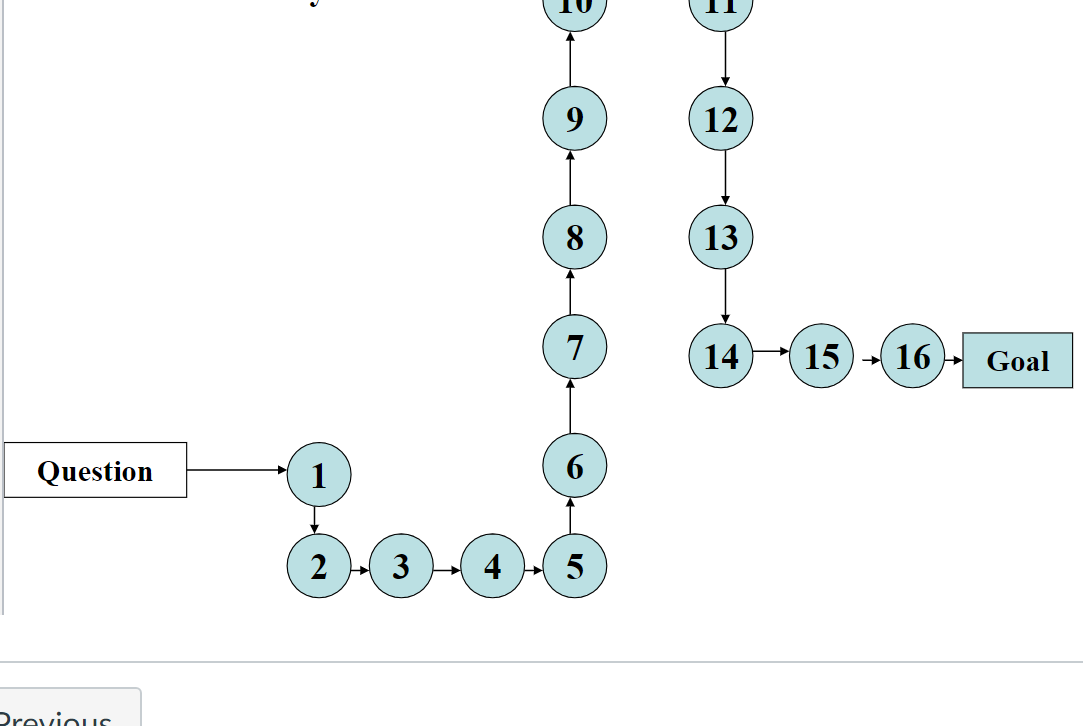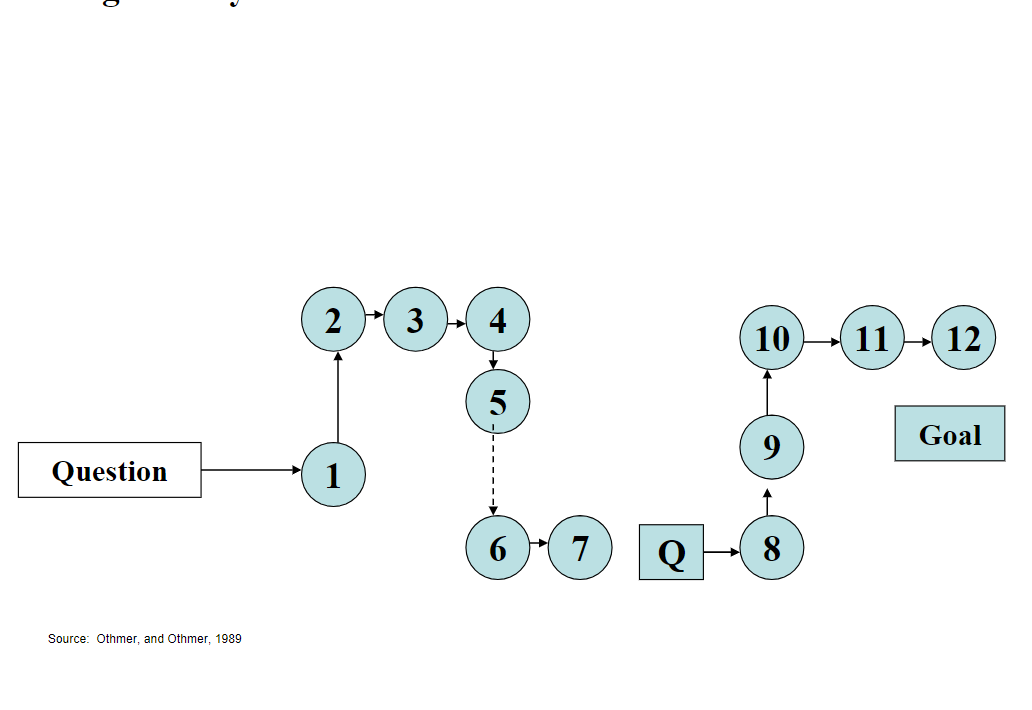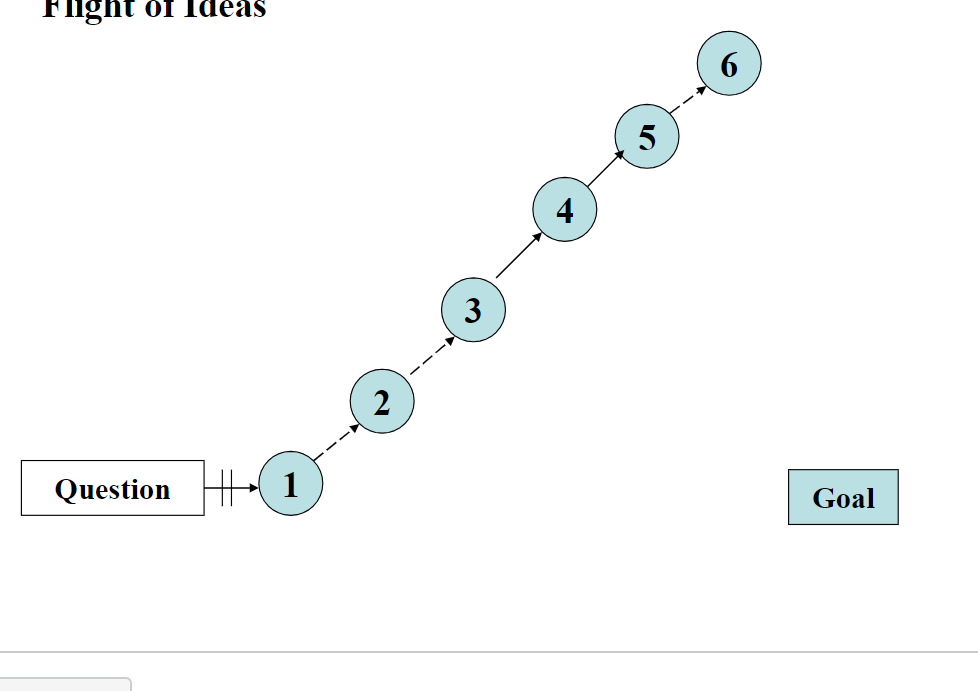DSM V-TR Delusions, Hallucinations, and Other Psychotic Symptoms
1/29
Earn XP
Description and Tags
Delusions, hallucinations, and other psychotic symptoms are briefly defined.
Name | Mastery | Learn | Test | Matching | Spaced | Call with Kai |
|---|
No analytics yet
Send a link to your students to track their progress
30 Terms
Delusions
Fixed beliefs that will not change despite evidence.
Persecutory delusions
False and persistent beliefs that one is being pursued, harassed, or stalked by individuals or groups.
Referential delusions
The belief that certain circumstances are associated with the individual, when it is not.
Somatic delusions
Beliefs centered on health and organ functioning
Nihilistic delusions
The belief that a major catastrophe is imminent.
Grandiose delusions
The belief that one holds a special power, unique knowledge, or is extremely important
Erotomanic delusions
The belief that one person is in love with him or her.
Hallucinations
Perception-like experiences that occur without an external stimulus
Disorganized thinking
Formal thought disorder that includes derailment, tangentiality, or incoherence
Depressive delusions
Guilt, poverty, nihilism/death, and illness
Passive delusions
Thought-broadcasting or insertion, thought withdrawal, and insertion of impulses or feelings
Grossly disorganized/abnormal motor behavior
Ranges from childlike silliness to unpredictable agitation; may include catatonic behavior
Negative symptoms
diminished emotional expression, avolition, alogia, anhedonia, asociality, attentional impairment
Catatonia specifier
The clinical picture is dominated by three (or more) of the following symptoms:
1. Stupor (i.e., no psychomotor activity)
2.Catalepsy (i.e., Examiner can move the person and they stay there)
3.Waxy flexibility (i.e., Resistance when examiner moves them)
4.Mutism (i.e., no, or very little, verbal response)
5.Negativism (i.e., opposition or no response to instructions or external stimuli).
6.Posturing (i.e., the individual assumes the position)
7.Mannerism (i.e., odd, circumstantial caricature of normal actions).
8.Stereotypy (i.e., repetitive, abnormally frequent, non-goal-directed movements).
9.Agitation, not influenced by external stimuli.
10.Grimacing.
11.Echolalia (i.e., mimicking another's speech).
12.Echopraxia (i.e., mimicking another's movements).
Residual Phase
Some symptom presentation but not as much as the active phase
Active Phase
Symptoms are present and prominent.
Prodromal Phase
Symptoms are beginning to emerge.
Schizophrenia “Type 1”
- Positive symptoms
- Delusions, hallucinations, and thought processes are more prominent
- Relatively acute onset
- Good premorbid functioning
- Exacerbations/remissions
- Normal CT scan
- Good response to antipsychotics
- Normal cognitive functioning
- Episodic
Schizophrenia “Type 2”
- Negative symptoms
- Delusions and hallucinations are less prominent
- Insidious onset
- Poor premorbid functioning
- Deteriorating course
- Ventricular enlargement
- More refracting
- Cognitive impairment
Mood-congruent schizophrenia
Congruent with grandiose or depressive delusions/symptoms
Mood incongruent schizophrenia
Congruent with passive delusions/symptoms

Circumstantiality
Adds irrelevant details to the question but reaches the goal, indirect/delayed because of excessive details, thinking becomes side-tracked

Tangentiality
Misses the goal of the question, loose and tight associations, oblique or irrelevant way of answering the question

Flight of Ideas
Rapid and pressured speech, loose association, continuous flow of accelerated speech from one topic to another, new thought triggered from a previous sentence
Perseveration
Repetition of the same response to different stimuli and/or fixation.
Verbigeration or Palilalia
Meaningless or stereotype repetition of words and phrases; words and phrases are repeated at the end of the sentence.
Clang Association
The sound of words is associated to another word. A syllable in the word comes sometimes cause clang association.
Blocking
Associated with emotionally laden material; sometimes, the person loses their train thought.
Derailment
Going off track when conversing but can get back on track
Word salad
Unintelligible gibberish and very severe.